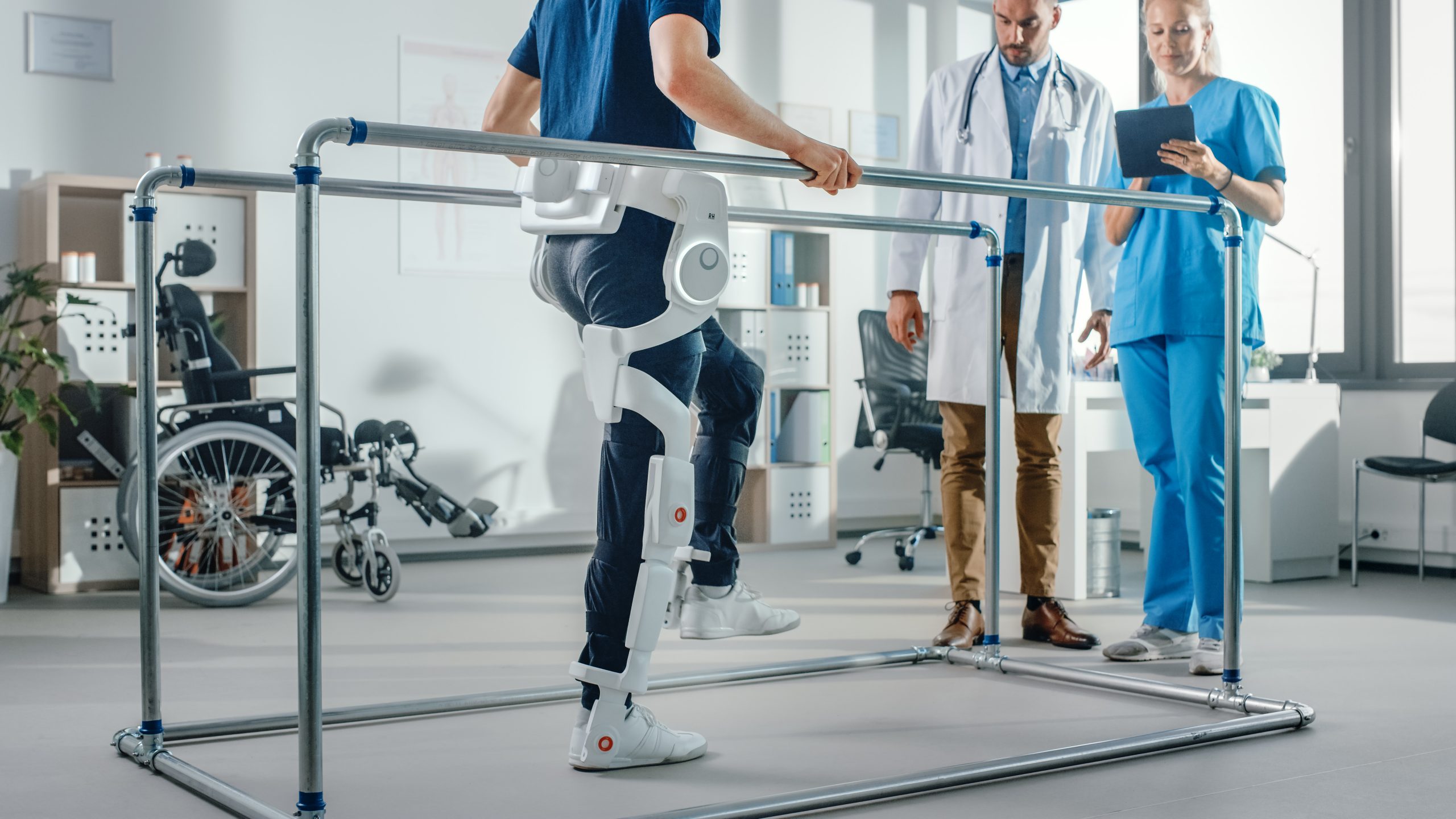
From motorised scooters to hearing aids, technology has been helping people with disabilities for a long time. And in the coming years, AI will begin to increase those efforts with new abilities and expanded access. With one billion-plus people with disabilities around the world, there is clearly a great need for constant progress.
What is AI?
In general, artificial intelligence is the use of computers and machines to copy the decision-making capabilities of the human mind.
So typically, AI systems attempt to demonstrate some of the behaviours linked to human intelligence: planning, learning, problem-solving, knowledge representation, perception, motion, and to a lesser extent creativity.
Right now, you can see AI around us everywhere like the voice recognition of the Siri virtual assistant on the Apple iPhone. Then there is also the AI that we see in movies like The Terminator, which doesn’t exist in today’s world, but may one day become a reality.
The great thing about technology and AI, is that it is for everyone and can really improve the lives of people with all different types of disabilities. Here we look at some examples of AI for specific disabilities.
Communication for blind and visually-impaired people
Communicating and engaging with their social surroundings can be a challenge for those with visual impairments.
Microsoft’s new AI technology – ‘PeopleLens’ is a wearable device and a cloud-based service that captures images of the surrounding environment and sends them to a cloud-based service. Here they are processed by machine learning algorithms. This information is then used to generate descriptions of the surrounding environment and sent back to the wearable device (in Braille or audio form).
This device is essentially helping blind people see, by providing information about the people and objects around them. This information can be in facial recognition, object recognition or Automatic Speaker Verification.
Apps for the deaf or hard of hearing
For people with a hearing impairment it is often hard to feel included and follow a group conversation without lip reading.
Instant transcription apps such as Ava and RogerVoice help solve this problem by using AI to instantly transcribe the conversation of a group of people.
Their algorithm is able to add punctuation, the name of the person who is talking and the necessary vocabulary from the user’s dictionary. RogerVoice is also available in 90 different languages.
Connection for those with physical disabilities
Google Voice Access was especially created for people with reduced dexterity. However, other virtual assistants such as Siri and Google Assistant means people with poor mobility can also use their smartphone by voice command. Other apps are able to perform tasks such as reading emails aloud. Even people with speech impediments can benefit from AI technology with the Voiceitt app. It identifies and learns the person’s unique speech. For example, people with brain injuries or Parkinson’s may have speech that is more difficult to understand. This app creates audio or text that allows them to be easily understood.
Helping those in wheelchairs get around
Most people with disabilities need to rigorously prepare every trip they make. Thanks to AI, many navigation apps based on AI technology can help them gain more autonomy and more spontaneity when they’re getting around.
Google Maps is one of the most used GPS apps around the world. Visually impaired people or wheelchair users can prepare their trip in advance and visualise their route and the best transport to use according to their profile.
Thanks to the ‘wheelchair accessible’ option, wheelchair users can know where ramps and elevators are located in the city. Plus the added feature ‘Accessible Places’ gives them useful information about the layout of many premises: entrance, parking spots, restrooms, seating arrangements etc. This feature can also be used by people with a visual impairment to find the exact location of a building entrance.
In conclusion, AI has the potential to greatly enhance the quality of life for people with disabilities by providing new tools and technologies that can help them overcome barriers and participate more fully and effectively in society.
If you have any questions about making your business more accessible for people with a disability, get in touch with Access Link Consulting today on (02) 8319 4616.









